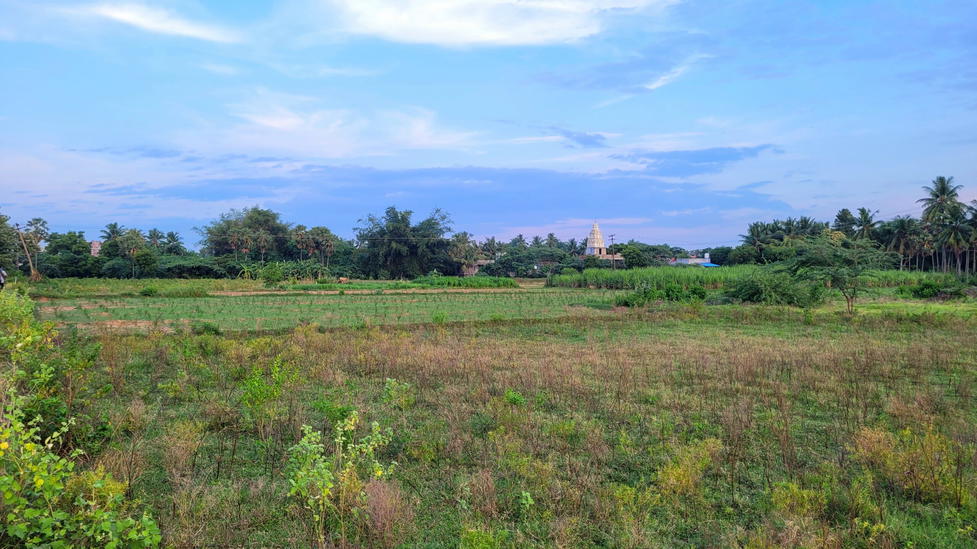Basic Details
Athiyur Thirukkai (அத்தியூர் திருக்கை) is a village and gram-panchayat in Kanai Block, Viluppuram District, Tamil Nadu. It’s located about 20 km from Viluppuram town, covering 808.25 hectares, and uses the 605701 PIN code served by Kandachipuram Sub‑Office.
Key Landmark
The village does not host a major temple but is known for its active community of traditional toddy tappers (panaiyaerigal). In February 2025, they uncovered and destroyed several pots of adulterated sap—highlighting the importance of local vigilance.
Settlements
Athiyur Thirukkai panchayat includes the main village and nearby hamlets such as Nandivadi, Nemur, Melkaranai, Vijankuppam, Porur, Velleripattu, Sitheri, Elusembon, Koralur, and Vengayakuppam.
Streets & Amenities
Typical village infrastructure includes:
Panchayat Office and Anganwadi
Panchayat‑Union Primary & Middle School
PDS Ration Shop
Water tanks & hand-pumps
Local tea stalls, grocery shops, and gathering spots
Public and private bus connectivity within the village, and access to railway stations within 20 km
Geography & Resources
Covering nearly 8.08 km² of land, the area is largely agrarian with rain‑fed fields and seasonal ponds. Its terrain is typical of the Viluppuram district—flat and fertile for crops like paddy, pulses, and groundnut.
Population & Lifestyle
Per 2011 Census:
Population: 4,580 (2,316 M / 2,264 F); Sex Ratio: 977 F / 1,000 M
Children (0–6 yrs): 573
Households: 996
Scheduled Castes: 1,059 (≈23%)
Literacy: 59.1% overall (M 66.6%, F 51.4%)
Daily life revolves around agriculture, school routines, toddy tapping, and community interactions at local shops and tank sites.
Transport
Bus Services: Public and private buses serve the village directly
Railway Access: Nearest stations are within 20 km—likely Viluppuram Junction and other local halts
✅ Summary
Athiyur Thirukkai is a mid-sized agrarian panchayat village with approximately 4,600 residents. It features essential civic facilities like schools, water infrastructure, and local governance, with strong agricultural roots. A notable recent event is the toddy‑tappers’ community action against adulterated sap—a sign of active local stewardship.
